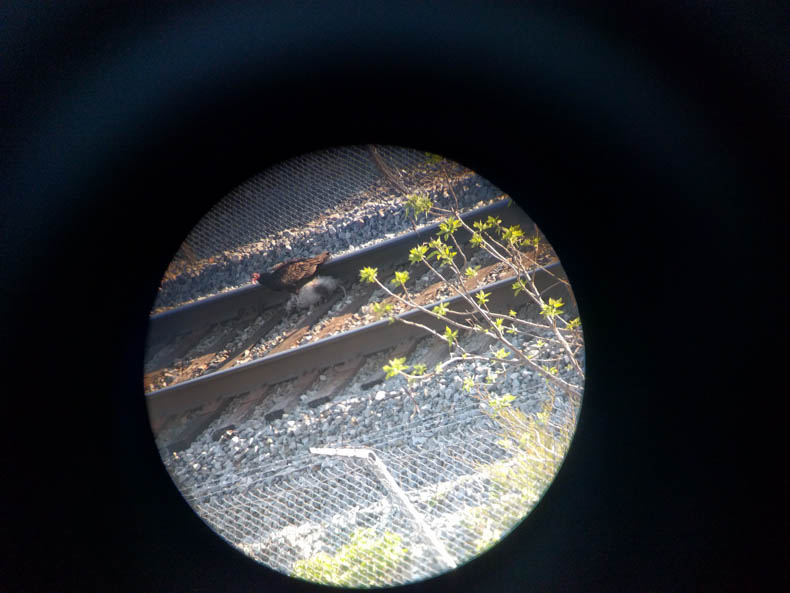
My favorite kind of post, in the years I’ve been writing here at LWON, has been about little moments of urban nature. A few weeks ago the bumblebees were all over the sunflowers at the community garden, and they were wonderful. I’m still excited about the vulture I saw swoop down to the railroad tracks to check out a dead possum a few months back.
But I can’t write these right now. My moments of delight don’t mesh with the wrongness of the world. My little nature obsessions always seem a bit pointless, but the contrast is stronger now. If I’m writing, I should be delivering some kind of brilliant insight on why so many of my fellow citizens are so full of hate. The guy who sent bombs to people whose politics he disagreed with. The other guy who murdered people in a synagogue in Pittsburgh. The long and thoroughly human history of murdering other humans because they are those other humans, not your own humans. And the wish that people could just love each other. And hold out their arms to the poor and the desperate and, for goodness’ sake, just stop being mean.
I know it’s true what they say, that you need people who highlight the bits of beauty in the world. But I don’t know how to make that gorgeous vulture’s story (it went for the eyes first, smart bird) matter. How do I write a quirky little nature essay when you—you, reader in the United States of America—could get shot tomorrow at work or a store or your place of worship?
Sometimes taking the long view makes me feel better. Recently I read an article from the Atlantic, about people trying to piece together what killed the dinosaurs. We all know what killed the dinosaurs, yeah, the giant asteroid impact – but apparently people are still arguing about whether that was really it. These people do not like each other. I recommend the article. Continue reading
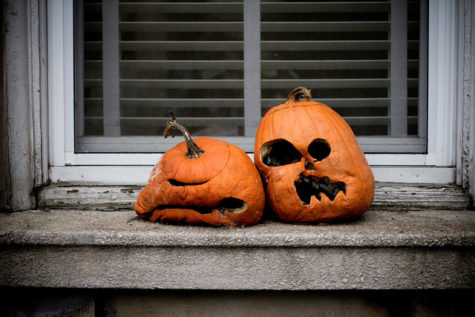 On Sunday we sat outside on the sidewalk and carved our pumpkins. As we worked, we reminisced about past pumpkin carving sessions. My mom and my brother and I used to carve them on the kitchen floor, on the rectangle squares of linoleum. My husband and his sister used to carve their pumpkins in the living room on a protective barrier of newspapers. Both the houses we carved in are now gone, but the memory of the pumpkins links us to those places and those moments.
On Sunday we sat outside on the sidewalk and carved our pumpkins. As we worked, we reminisced about past pumpkin carving sessions. My mom and my brother and I used to carve them on the kitchen floor, on the rectangle squares of linoleum. My husband and his sister used to carve their pumpkins in the living room on a protective barrier of newspapers. Both the houses we carved in are now gone, but the memory of the pumpkins links us to those places and those moments.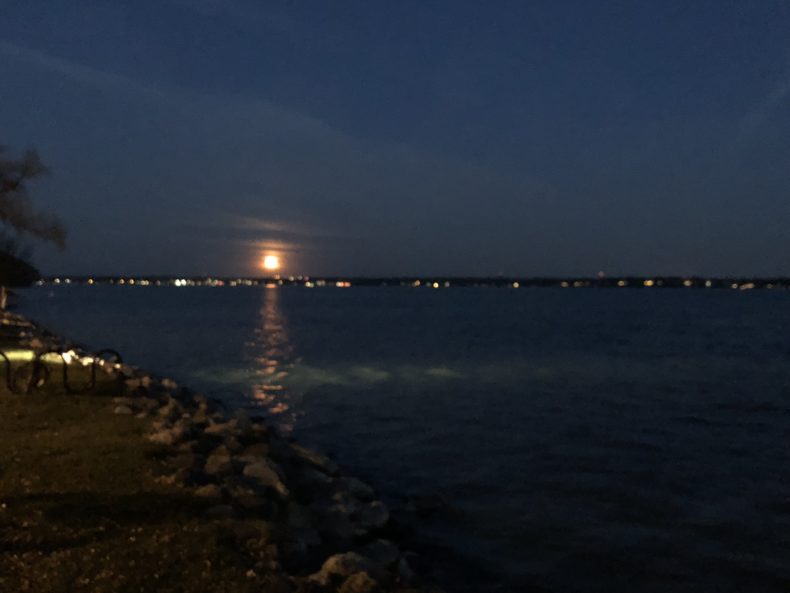
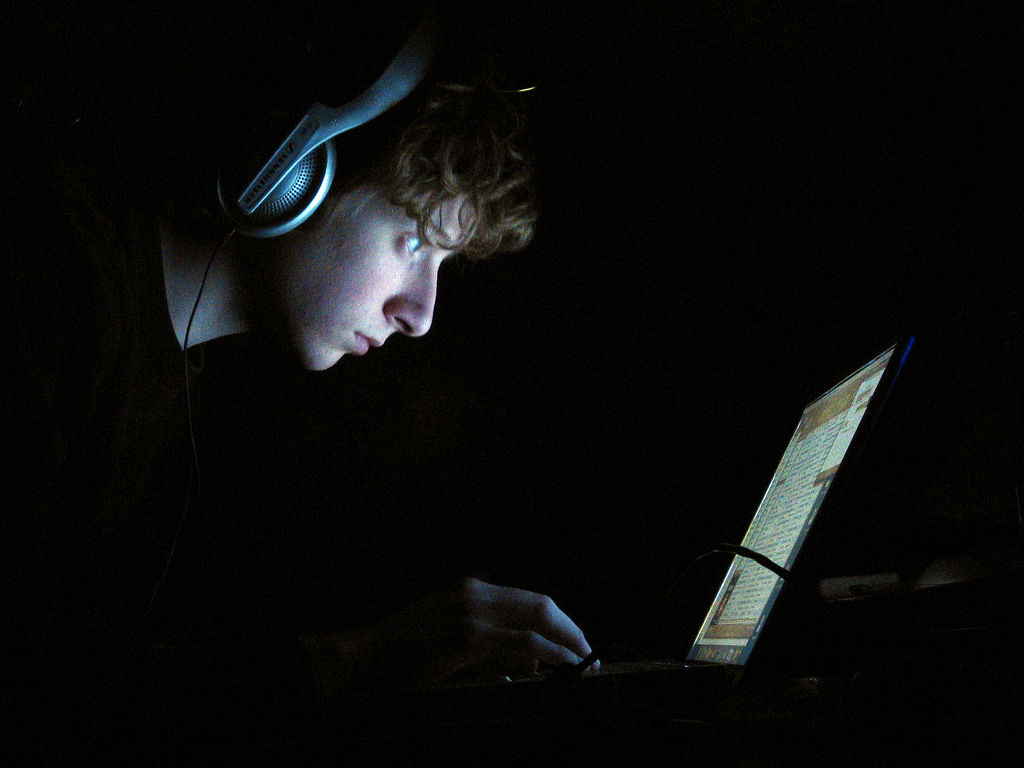


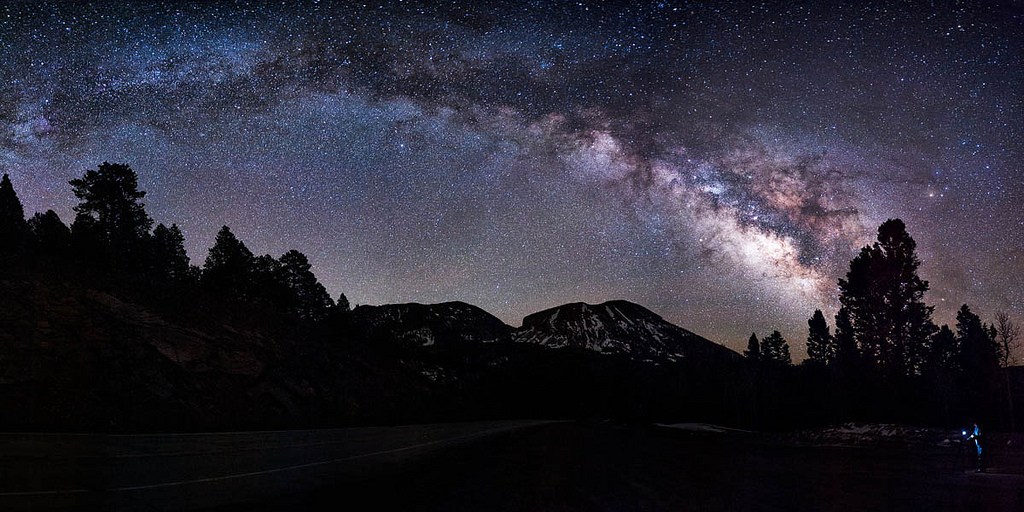
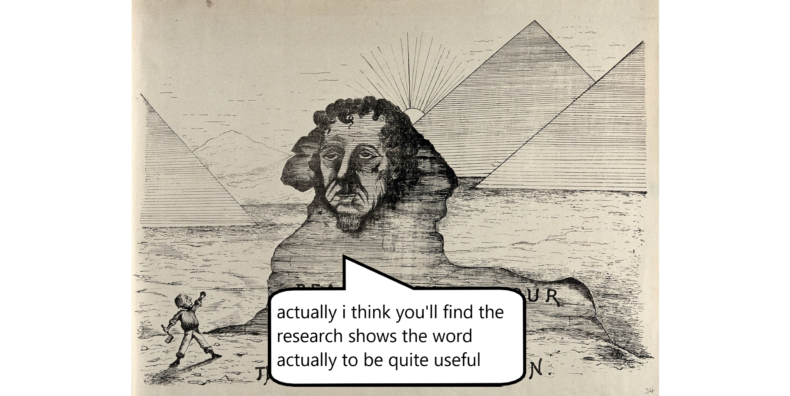 If you’re familiar with the internet, you know there’s a problem with the word “actually”. After initially gaining recognition in 2012 as “
If you’re familiar with the internet, you know there’s a problem with the word “actually”. After initially gaining recognition in 2012 as “